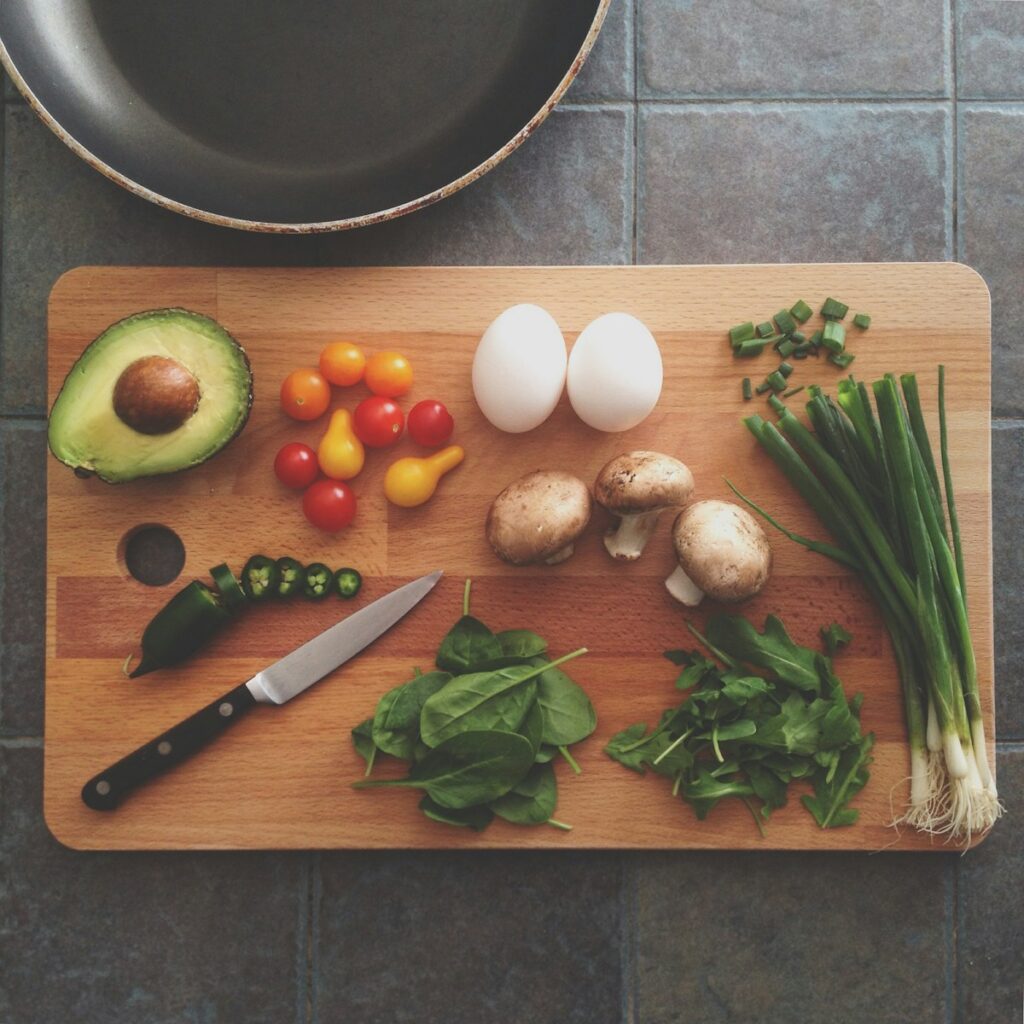
Choosing to eat healthy is one of the most important decisions you can make for your well-being. It’s about fueling your body with the right nutrients to live your best life. Healthy eating isn’t about depriving yourself; it’s about nourishing your body with the essential vitamins and minerals found in fresh fruits, vibrant vegetables, whole grains, and lean proteins. These foods provide the building blocks your body needs to function optimally, maintain energy levels, and prevent chronic diseases
Imagine your body as a high-performance car. You wouldn’t fill a Ferrari with low-grade fuel, right? The same goes for our bodies. Healthy eating is about opting for premium fuel. Fruits, vegetables, lean proteins and whole grains are packed with essential vitamins and minerals, fiber and other nutrients that keep our bodies running smoothly and are crucial for maintaining healthy skin, vision, and digestion.
In a world where fast food is just a drive-thru away and convenience often trumps nutrition, making small, mindful choices can make a big difference. Swap out those potato chips for a handful of almonds, which are high in healthy fats, fiber, protein, magnesium, and vitamin E. Replace that sugary soda with a refreshing glass of water with lemon or herbal tea. These little changes add up, transforming your daily diet without feeling like a culinary boot camp.
Let’s not forget the joy of cooking. There’s something satisfying about chopping fresh vegetables or seasoning a piece of chicken just right. When you take your first bite and love it, it feels good! Cooking at home allows you to control what goes into your meals, steering clear of hidden sugars and unhealthy fats that often lurk in restaurant dishes. Plus, it’s an excellent opportunity to get creative and learn from your mistakes. Ever tried quinoa-stuffed bell peppers? Quinoa is a complete protein, meaning it contains all nine essential amino acids necessary for our bodies to function correctly.
The key to a healthy diet is balance. It’s about enjoying a variety of foods and not beating yourself up for indulging in a slice of cake now and then. Life is too short not to enjoy dessert, just maybe not at every meal. If you’re making healthy choices most of the time, a treat now and again may help keep you from feeling deprived. In our first article “Stronger starts with self-awareness”, we talk about how physical, mental and emotional strength start with self awareness. Eating healthy is the same – it starts with you being aware of your habits, cravings, and self.
Addressing the battle against cravings is essential. We’ve all been there, staring down a leftover chocolate brownie at 8 PM. The trick isn’t to suppress cravings but to understand them. Sometimes cravings are our body’s way of signaling a nutrient deficiency. For example, craving chocolate might indicate a need for magnesium, which can be found in nuts and seeds.
Healthy eating is also about being kind to yourself. Food should be a source of pleasure, not stress. Don’t fall into the trap of guilt-tripping yourself over every dietary slip-up. The path to a healthy life is a marathon, not a sprint. Celebrate your victories, like choosing a salad over fries or cooking a nutritious meal instead of ordering takeout.
The benefits of a healthy diet are substantial. A diet rich in fruits, vegetables, whole grains, and lean proteins can boost your energy levels, improve your mood, and help maintain a healthy weight. Research has shown that diets high in fruits and vegetables are linked to a lower risk of chronic diseases, including heart disease, stroke, and certain types of cancer. For instance, a study published in the journal Circulation found that higher consumption of fruits and vegetables is associated with a lower risk of mortality from cardiovascular disease. Moreover, whole grains are known to reduce the risk of heart disease and type 2 diabetes, as highlighted in a study from the Harvard T.H. Chan School of Public Health.
To make this journey a bit easier, consider keeping a food journal. Jot down what you eat and how it makes you feel. It’s a simple yet powerful tool to identify which foods nourish your body and which ones drag you down. Plus, there’s something satisfying about tracking your progress and seeing those healthy choices add up.
For those looking to get inspired in the kitchen, here are a few cookbook recommendations that focus on healthy eating: “The Whole30: The 30-Day Guide to Total Health and Food Freedom” by Melissa Hartwig Urban and Dallas Hartwig, “How Not to Die Cookbook: 100+ Recipes to Help Prevent and Reverse Disease” by Michael Greger M.D., and “The Skinnytaste Cookbook: Light on Calories, Big on Flavor” by Gina Homolka. These books offer a variety of delicious and nutritious recipes that can help you maintain a healthy diet without feeling deprived.
Healthy eating isn’t about restriction; it’s about liberation. It’s about freeing yourself from the shackles of poor nutrition and stepping into a life where you feel energized, vibrant, and ready to tackle anything. By making mindful, informed choices about what we eat, we can pave the way to a healthier, happier life and becoming strongerasYOU. Cheers to healthy eating for a healthy life!
